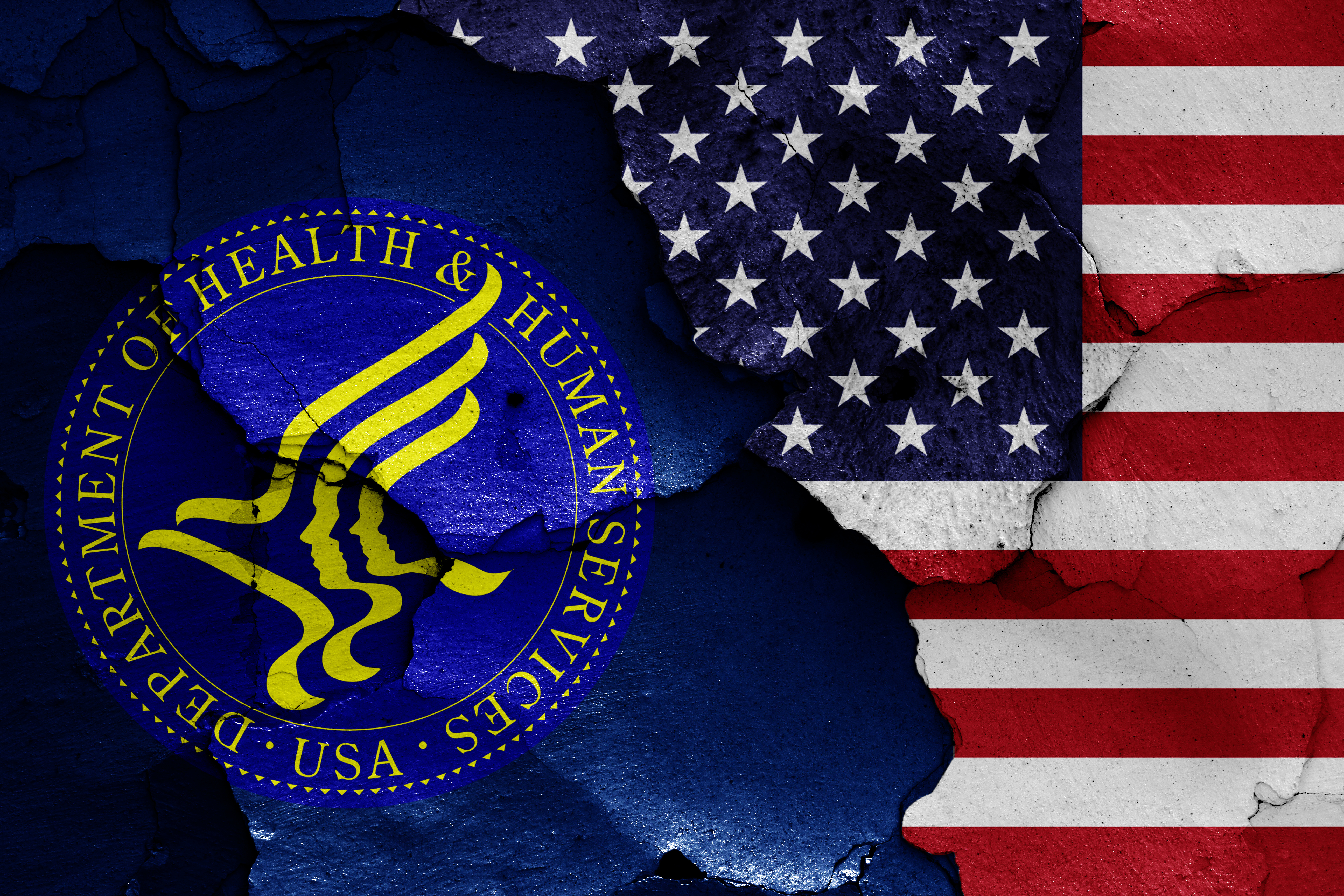In a milestone moment, the U.S. Department of Health and Human Services (HHS) recently announced that the Trusted Exchange Framework and Common Agreement (TEFCA) is now operational.
Understanding TEFCA
The Office of the National Coordinator for Health Information Technology (ONC), alongside the Sequoia Project, Inc., has been working for years to create and implement TEFCA, a set of principles and conditions designed to increase patient access to records and improve healthcare providers exchange of electronic health information.
The Sequoia Project outlines the main functions of TEFCA, which include:
- Increasing secure and appropriate access to data
- Ensuring data will be available among networks connected to the Common Agreement to assist with treatment, individual access services, public health, and some HIPAA defined payment and healthcare operations.
- Decreasing costs and increasing efficiency of using health information networks
- Providing health information networks with a set of privacy and security requirements.
With major goals across healthcare networks, TEFCA has been no easy feat for the project coordinators. Initially envisioned by the 21st Century Cures Act, TEFCA released its first draft at the beginning of 2018.
The process didn’t involve solely creating new security or communication standards, but a new framework for how healthcare organizations communicate with one another. Now, nearly 6 years later, TEFCA is operational.
What to Know: Major Actors and Components
TEFCA is the result of a collaboration between the Recognized Coordinating Entity (the RCE), which is the Sequoia Project, and the ONC. The RCE, contracted by the ONC, is responsible for developing and implementing the Common Agreement component of TEFCA.
The other major actors are Qualified Health Information Networks (QHIN). These are health information networks that have completed an application and onboarding process, allowing them to connect with hospitals on a national scale. In action, hospitals and providers will choose from the QHINs and decide which network will be best for them to share their information through.
With a focus on creating a standard for sharing and accessing data, TEFCA consists of three major components:
- The Common Agreement is a legal contract that the Sequoia Project will or has signed with each QHIN, identifying the baseline of legal and technical requirements that QHINs must follow to secure data. The agreement provides the infrastructure and standards for how data will be shared between QHIN, and ultimately, healthcare providers.
- The QHIN Technical Framework is designed to assist in the technical components of exchanging information between QHINs.
- The Trusted Exchange Framework is a set of principles that health information networks voluntarily agree to in efforts to increase standardization, transparency, cooperation, security, access, equity, and public health.
TEFCA in the Real World
For patients, TEFCA paves the way to smoother record transfer and more transparency. Many patients will find themselves, at some point, seeking care in places far from home, needing to transfer doctors, or see varying specialists.
While health issues are often interconnected, hospital infrastructure for sharing information has rarely reflected it. The impacts can be harmful to patients, sometimes resulting in delayed treatment or diagnosis, lost documents, or patients lacking information on their own records.
As TEFCA rolls out, patients can expect a more continuous healthcare experience, with organizations more connected than ever before. In turn, healthcare providers will find themselves following a more specific protocol and set of standards when interacting with other providers and networks.
Read more: What is TEFCA and Why Does It Matter for Healthcare?
Alongside the operational status update, the HHS also released the names of organizations that are officially designed as Qualified Health Information Networks. They include:
- eHealth Exchange
- Epic Nexus
- Health Gorilla
- KONZA
- MedAllies
Federal Leaders Celebrate
In the recent HHS announcement, federal leaders celebrated TEFCA’s new operational status.
HHS Secretary Xavier Becerra stated, “After over a decade of very hard work, today marks another major milestone in our march towards a 21st century digital health care system…TEFCA allows patients, providers, public health professionals, health insurers, and other health care stakeholders to safely and securely share information critical to the health of our country and all of our people.”
Mariann Yeager, CEO of the Sequioia Project said, “Designating these first QHINs is just the beginning…Now we hope to see the rapid expansion of TEFCA exchange as these pioneering networks roll-out the benefits of TEFCA to their customers and members, while additional QHINs continue to onboard.”
Impacts on Cloud-based Networks
Many healthcare organizations are turning to cloud-based networks to meet scalability and interoperability needs. As TEFCA is implemented everywhere, these organizations will need to consider how their network and data are stored, and how they will interact with QHINs.
With cloud management and security challenges plaguing the industry, some organizations will inevitably fall short of TEFCA standards, hindering their ability to expand services and increase care quality.
Working with a cloud managed service provider that understands TEFCA and other regulatory frameworks can help organizations share data between networks under the TEFCA framework.
Learn more about the benefits of cloud managed services (blog)
What’s next
Now that TEFCA is operational, the HHS plans to roll out an updated version of the Common Agreement later this quarter. The new version’s enhancements will focus on the Health Level Seven Fast Healthcare Interoperability Resources (HL7 FHIR), a standard defining how health information can be exchanged between computer systems.
As organizations decide to join TEFCA, work with QHINs, and even become QHINs, Cloudticity can help you achieve your TEFCA goals on the public cloud.
Reach out for a free consultation.

